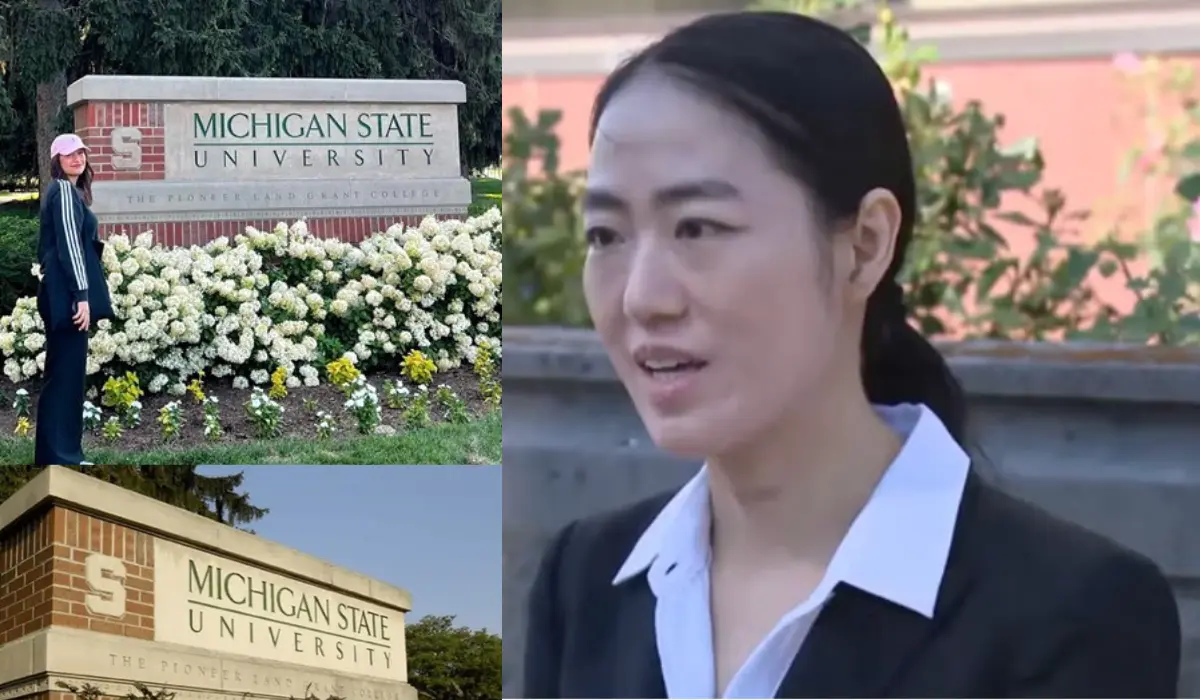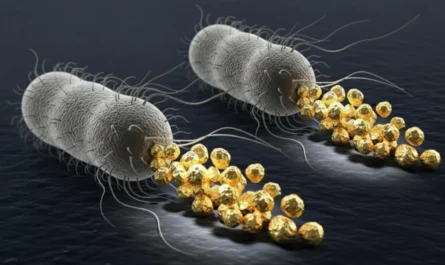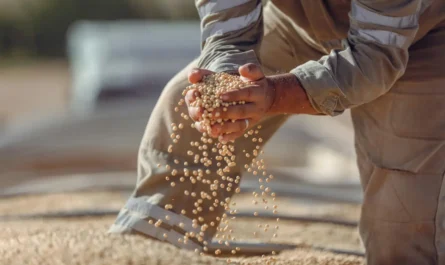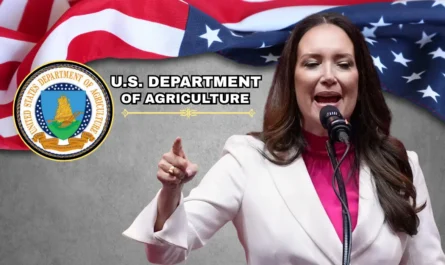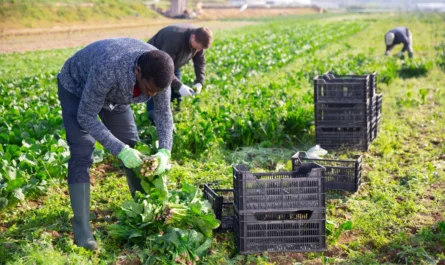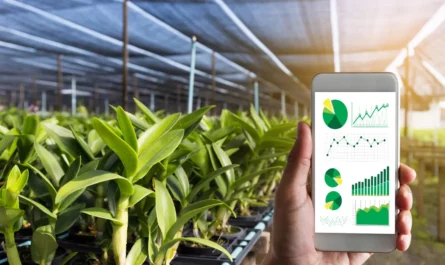A former Michigan State University student is preparing legal action against the school, claiming years of exposure to agricultural chemicals during her graduate studies led to a life-changing cancer diagnosis. The case raises pressing questions about how universities protect students engaged in hazardous field research.
From Academic Aspiration to Health Crisis
When Ling Long Wei arrived at Michigan State in 2008, she saw the program as a chance to build her future. The university is internationally recognized for its agricultural research, and Wei, originally from China, enrolled in its horticulture master’s program with the hope of advancing her career.
But according to allegations contained in a draft lawsuit, Wei’s role as a graduate research assistant quickly put her in situations she believes jeopardized her health.
She says her academic responsibilities included applying pesticides and herbicides in off-campus test fields for extended periods, often full working days. Over the course of three years, she estimates she spent thousands of hours handling chemicals without adequate protection.
The draft complaint claims Wei was never given proper safety training or access to protective clothing such as respirators, gloves, or coveralls. Wind often carried chemicals back into her face, she alleges, leaving her regularly drenched in substances meant to kill weeds and pests.
Symptoms Ignored
Wei began reporting breathing problems as early as 2010. She says when she sought help from the university’s health services, her complaints were brushed aside and attributed to stress or anxiety.
Supervisors in her program, she alleges, dismissed her concerns and reassured her that the products she was handling were safe.
The environment in her department left her feeling unable to push back, she claims. Fear of retaliation or hostility from supervisors discouraged her from demanding better protections, even as her symptoms persisted.
A Diagnosis Years Later
It wasn’t until 2024, long after she had completed her degree and moved on with her life in the United States, that Wei was diagnosed with papillary thyroid carcinoma. The cancer, which accounts for the majority of thyroid cancer cases, required surgery and ongoing treatment.
Though her prognosis is positive, Wei’s life has been permanently altered. The removal of her thyroid means she now depends on daily hormone replacement medication and lives with chronic fatigue, mood swings, and fertility challenges. She describes the physical scar left by surgery as only part of the burden she carries.
“My recovery has been a constant struggle,” she said during a press conference. “The disease may be in remission, but I will deal with the consequences every day for the rest of my life.”
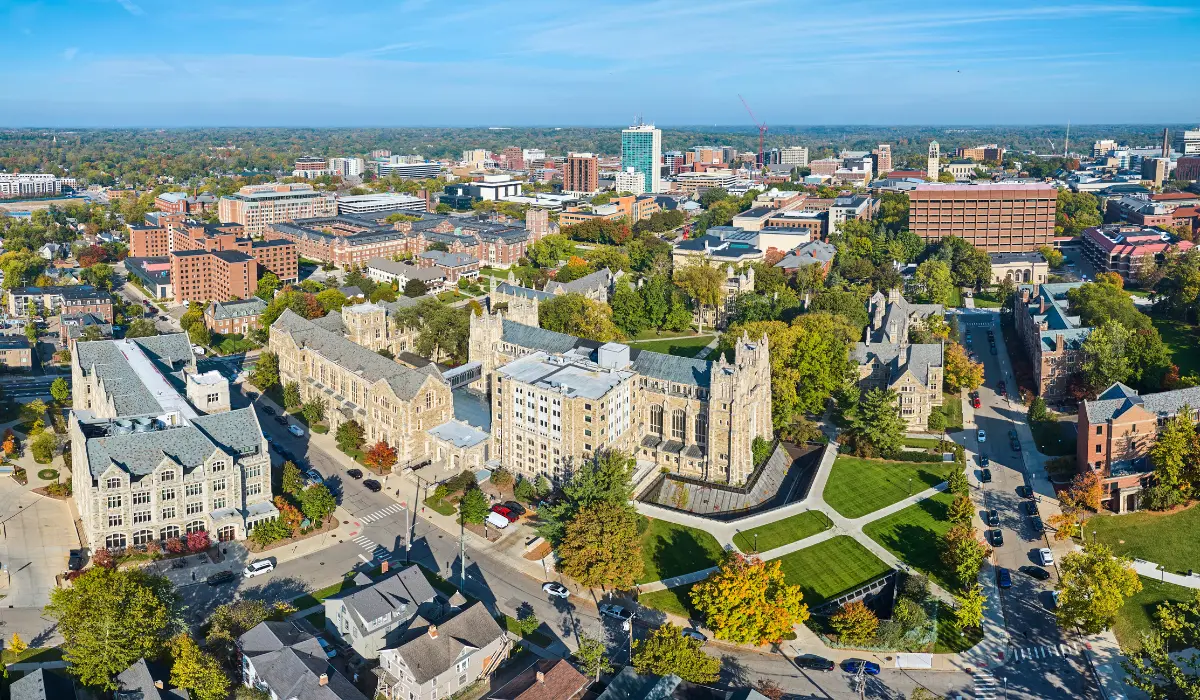
University Response
Michigan State University has declined to comment on the specifics of the pending litigation. In a statement, spokesperson Amber McCann stressed that the institution prioritizes the well-being of its students and staff and maintains compliance with safety standards. She said the university provides necessary training and protective equipment in accordance with state and federal law.
Legal Action on the Horizon
Wei’s attorney, Maya Greene of the GreenLight Law Firm, confirmed that the lawsuit has not yet been filed but is forthcoming. Greene said her client’s story highlights how vulnerable graduate students can be when assigned high-risk duties in academic research programs.
“This was supposed to be a life-changing opportunity,” Greene said. “Instead, Ms. Wei was repeatedly put in harm’s way without proper safeguards. We believe the university failed in its duty to protect her.”
The Science Behind the Claims
The link between pesticide exposure and cancer has long been debated in the scientific community. The National Pesticide Information Center acknowledges that some widely used chemicals are classified as carcinogens, meaning they can increase the risk of cancer. However, exposure does not guarantee disease, and proving a direct causal link is notoriously difficult.
Experts at the Dana-Farber Cancer Institute note that pinpointing the exact cause of an individual’s cancer is almost impossible, given the complex mix of genetic and environmental factors involved.
Still, Wei’s case underscores growing concern about long-term exposure risks, particularly for workers and students who may handle hazardous substances on a regular basis.
A Broader Conversation on Academic Safety
Wei’s allegations shine a light on how universities manage occupational hazards in programs where students are not just learners but active participants in high-risk fieldwork.
Graduate assistants, often international students unfamiliar with workplace rights in the U.S., may face added pressure to comply with unsafe conditions.
If the case moves forward, it could force universities to confront uncomfortable questions: Were protections adequate? Did supervisors properly inform students about the dangers? Were students made to feel they could raise concerns without fear of retaliation?
Observers say the answers could reshape how institutions nationwide balance academic research demands with their responsibility to safeguard those carrying out the work.
Life After Michigan State
Now in remission, Wei continues to cope with the long-term consequences of her illness. She says she is speaking out not only to seek accountability but to ensure other students do not face the same risks she believes were ignored in her case.
“This is not just about me,” she said. “It’s about making sure no one else has to sacrifice their health for an education.”
Her legal team hopes the lawsuit will drive change, compelling universities to adopt stricter enforcement of safety policies and better protect students working with chemicals.
What Comes Next
For now, the case remains in draft form. If formally filed, it will likely hinge on expert testimony and complex medical evidence about the connection between pesticides and cancer.
Establishing liability will be challenging, but even before a courtroom ruling, the allegations have already raised difficult questions about safety practices at one of the country’s leading agricultural research institutions.
Whether Wei prevails legally or not, her story highlights the hidden dangers students may face in the pursuit of higher education — and the long-lasting costs when protections fail.

